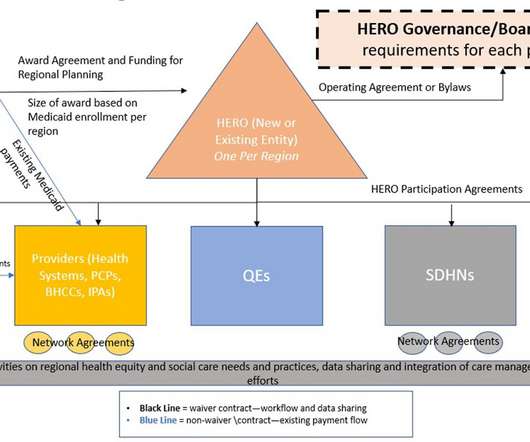How Digital Health Can Stimulate Economic Development
Health Populi
OCTOBER 8, 2018
It’s National Health IT Week in the US, so I’m kicking off the week with this post focused on how digital health can bolster economic development. As the only health economist in the family of the 2018 HIMSS Social Media Ambassadors, this is a voice through which I can uniquely speak. trillion, over 18% of U.S.












Let's personalize your content